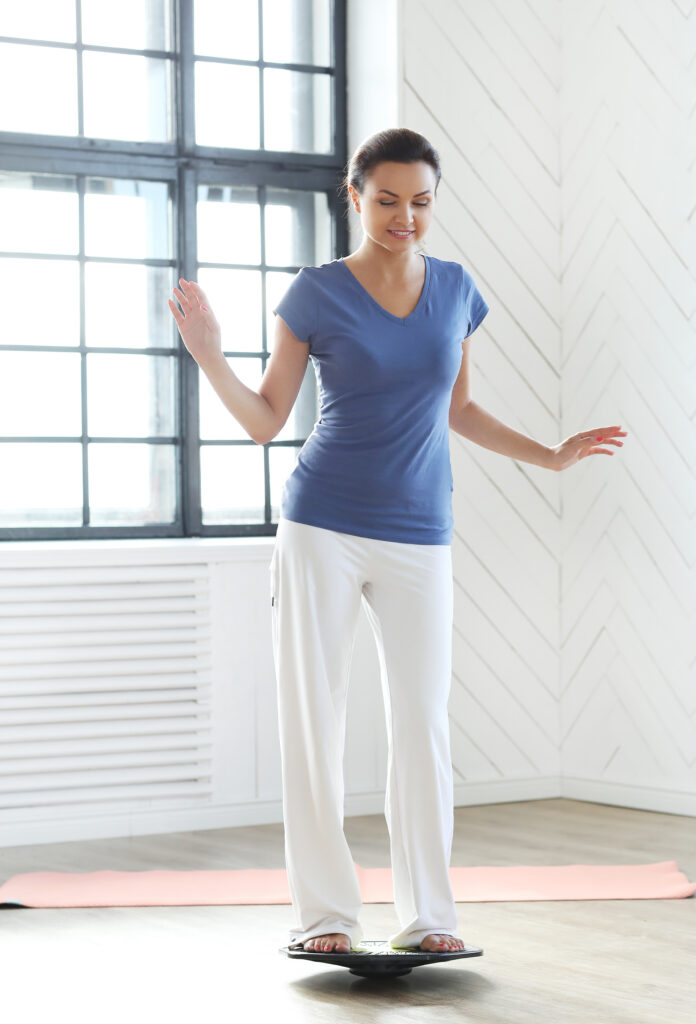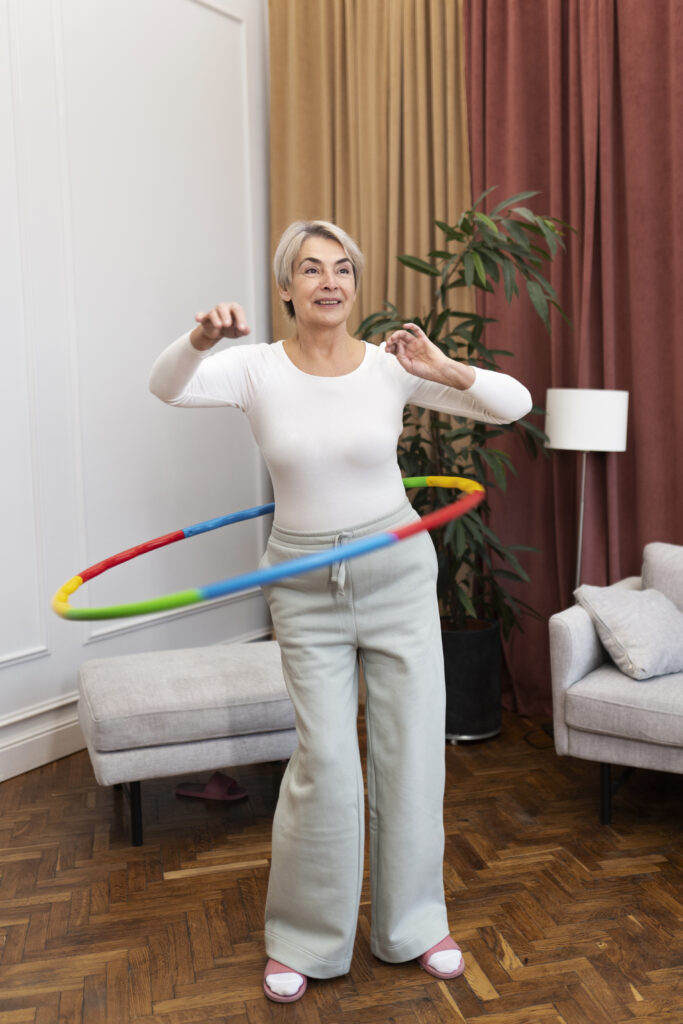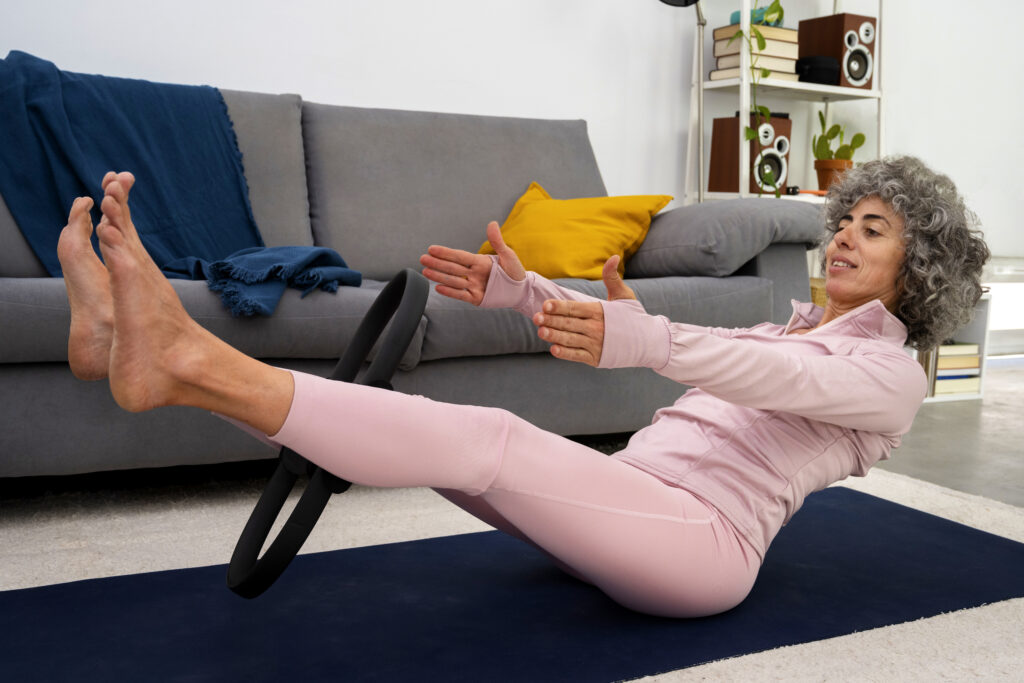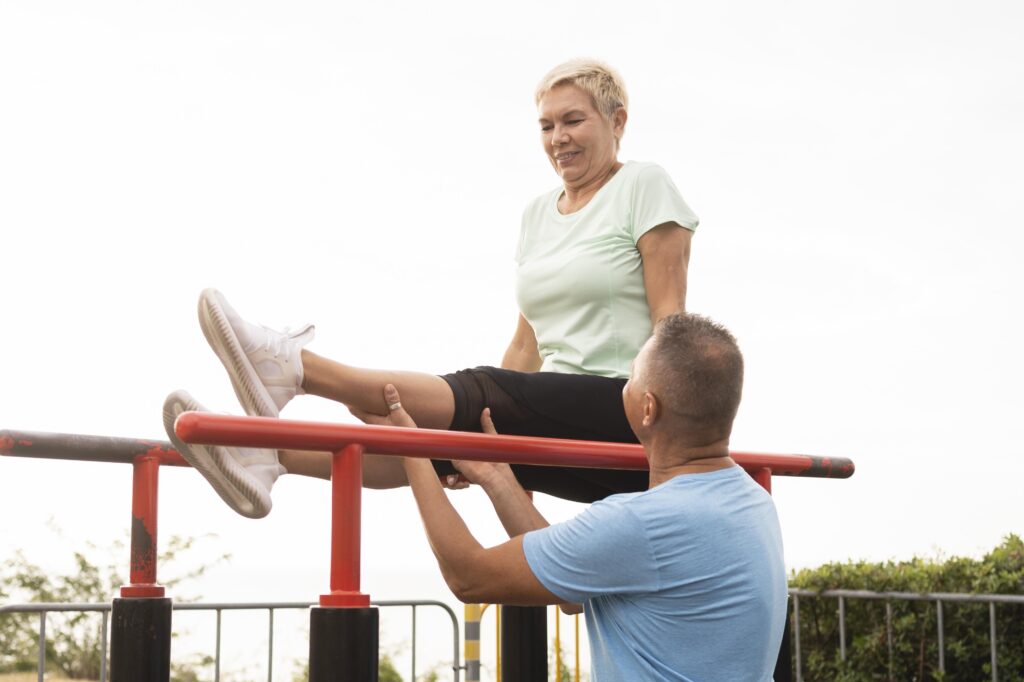Balance and Fall Prevention
Leading Balance and Fall Prevention Centre In Chennai
Are you looking for a top-notch fall prevention and balance center in Chennai? Explore our finest Fall Prevention in Chennai for customized care Balance
Maintaining balance and preventing falls is essential for overall health and well-being, especially as we age. Falls can lead to serious injuries, but many are preventable with the right strategies and precautions. Here are some key aspects of balance and fall prevention:
Balance is the ability to control your body’s position, whether you are still or moving. This involves the coordination of three primary systems





Preventing Falls: Enhancing Elderly Balance
Why should you avoid falling? Most people are not normally afraid of the word “falls,” but when it comes to the elderly population, it can have disastrous effects. Adults over 65 who get injuries most often do so from falls. Every year, one in three older persons falls, with 24% suffering major injuries and 6% breaking bones. India has a fall prevalence among 60-year-olds ranging from 14% to 53%.
What is physiotherapy’s role in treating and preventing falls Iividualized exercise programs implemented in physiotherapy have a substantial impact in preventing falls in people with cognitive impairment. Physiotherapists can perform a short examination for loved ones who have fallen in the past or who lack the confidence to perform everyday chores due to infirmity.
Optimal Pro Physio’s Physiotherapy for Senior Fall PreventionOptimal Pro Physiotherapists provide a comprehensive examination that encompasses muscular strength, body sensitivity, and feeling, with a particular focus on the legs. These physiotherapists also use scientifically recognized measures (the Berg Balance Scale and the Fall Risk Assessment Scale) to determine whether an elderly patient has balance issues and to determine whether there is a fall risk.
If you fall, what should you do next? Don’t freak out. Analyze the circumstances and decide whether you are injured.Find the closest couch or chair and attempt to climb up by sliding or crawling around the floor.If you are unable to stand, request assistance.
Contact us
Don't Hesitate Contact us for any Information
Call us to this number for immediate support


